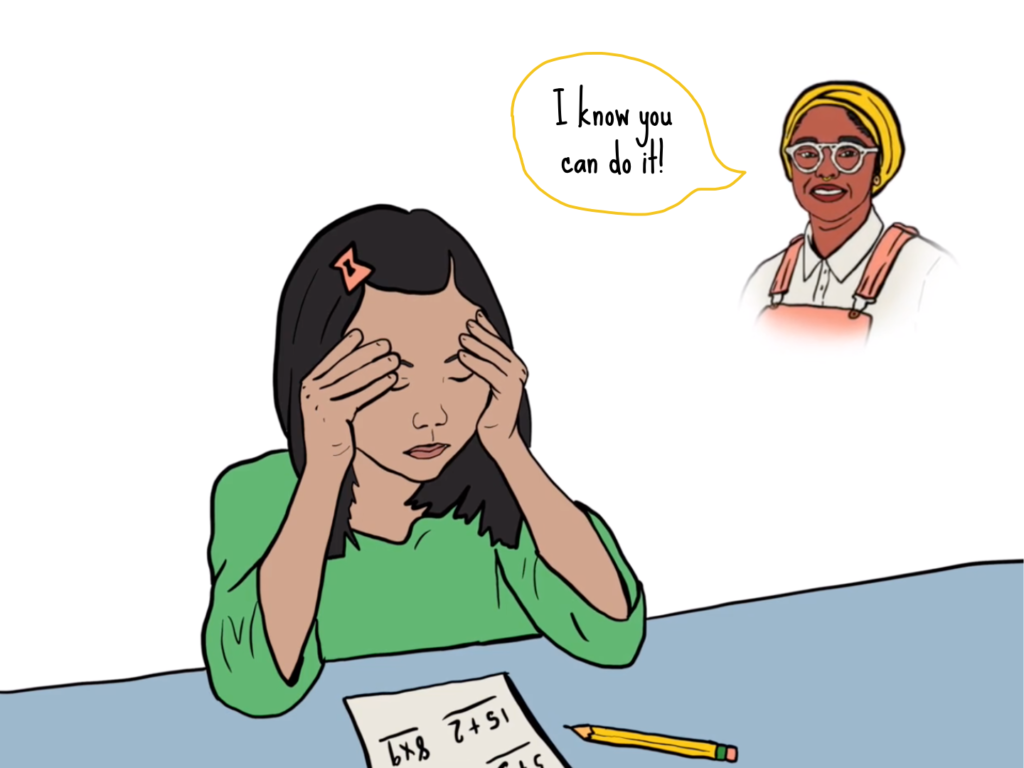
So far, we have discussed how stereotypes and biases can have negative impacts on a child’s sense of self. But it’s important to recognize that positive messages can make a positive impact too. Numerous studies have shown that students benefit from positive messages and role models. Role models with shared life experiences are particularly powerful. One recent study showed that Black students who had just one Black teacher prior to third grade were 13% more likely to graduate from high school and 19% more likely to enroll in college.
Another study highlighted the impact of positive expectations, showing that when teachers expected more of students, students did better. Remarkably, higher teacher expectations were also associated with increased intent to enroll in college. Expectations are powerful things.
As this research demonstrates, positive messages and adults who have similar life experiences and serve as role models can help a child develop a healthy sense of self, which is fundamental for learning.
-
- Academic sense of self
- how a person thinks of themself as a student
- Bias
- the belief that some people or ideas are better than others, usually resulting in unfair treatment
- BIPOC
- Black, Indigenous, people of color
- Conscious
- thoughts or feelings that we are aware of
- Growth mindset
- the belief that, with effort, you can learn and achieve new things.
- In-group preference
- the tendency to form close relationships with others in a person’s same groups
- Self-esteem
- a cluster of characteristics, such as feeling confident, having pride in oneself, and a sense of self-worth
- Sense of self
- how a person thinks and feels about their self
- Stereotype
- a widespread belief that a person must have a trait because they belong to a particular group
- Unconscious
- thoughts or feelings that we are unaware of